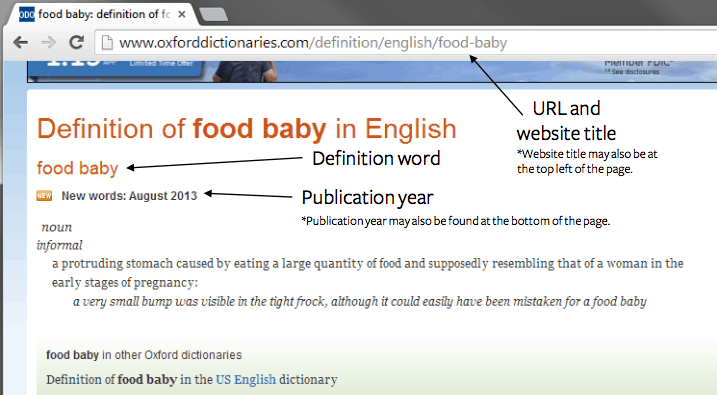

PositiveĪ word whose connotation implies positive emotions and associations. Most of the examples above can be categorized as having either positive, negative, or neutral connotation, or sometimes both positive and negative, depending on how they are used. Now, apply these two terms to a table-a “strong table” and a “sturdy table” have essentially the same meaning. For example, imagine the difference between describing someone as a “strong woman” or a “sturdy woman”: because of these words’ connotations, the first implies that she is strong emotionally, while the second implies that she is a sturdy physically. Think of these words used in the similar conversations. Independent, unfriendly, private, standoffish.Rich, loaded, privileged, wealthy, affluent.Proud, confident, arrogant, egotistical.As mentioned, many words will share the same literal meaning, but may connote different feelings or ideas.

Connotation dictionaries series#
Often, a series of words can have the same basic definitions, but completely different connotations-these are the emotions or meanings implied by a word, phrase, or thing.įor example, “This clothing is affordable!” versus “This clothing is cheap!” Here, “affordable” sounds much better than “cheap,” because the word cheap also implies low quality.Ĭonnotation is an additional meaning for a word or phrase thus, the examples are endless. A connotation is a feeling or idea that a word has, in addition to its literal or main meaning (the denotation).


 0 kommentar(er)
0 kommentar(er)
